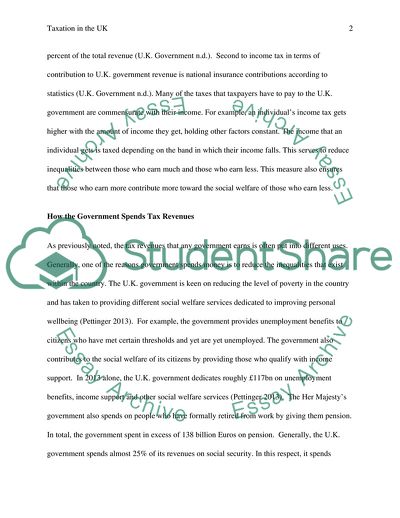Cite this document
(Taxation in the UK Essay Example | Topics and Well Written Essays - 1750 words, n.d.)
Taxation in the UK Essay Example | Topics and Well Written Essays - 1750 words. https://studentshare.org/macro-microeconomics/1818590-taxation-in-the-uk
Taxation in the UK Essay Example | Topics and Well Written Essays - 1750 words. https://studentshare.org/macro-microeconomics/1818590-taxation-in-the-uk
(Taxation in the UK Essay Example | Topics and Well Written Essays - 1750 Words)
Taxation in the UK Essay Example | Topics and Well Written Essays - 1750 Words. https://studentshare.org/macro-microeconomics/1818590-taxation-in-the-uk.
Taxation in the UK Essay Example | Topics and Well Written Essays - 1750 Words. https://studentshare.org/macro-microeconomics/1818590-taxation-in-the-uk.
“Taxation in the UK Essay Example | Topics and Well Written Essays - 1750 Words”. https://studentshare.org/macro-microeconomics/1818590-taxation-in-the-uk.


